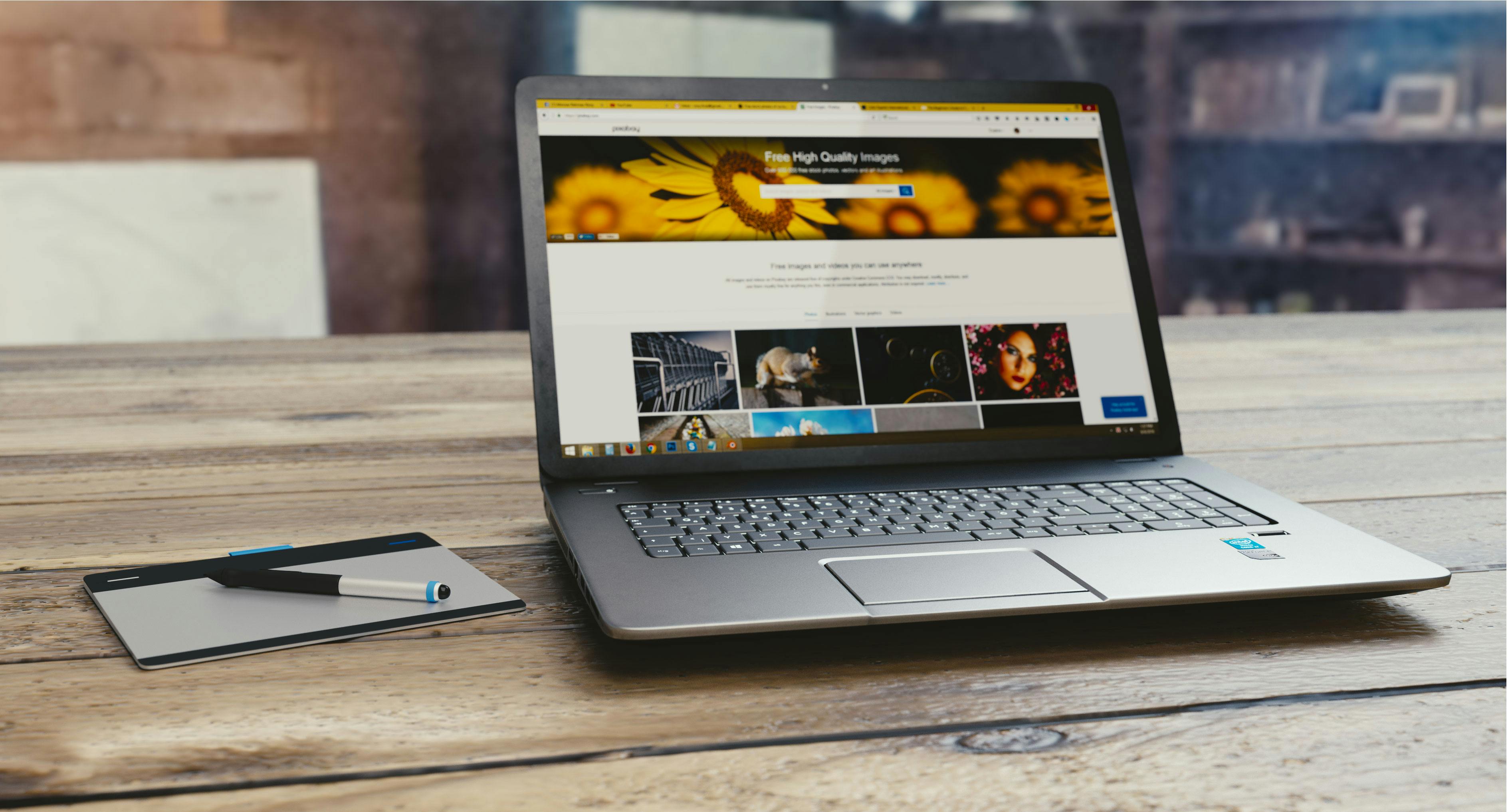Tips for Conducting Podcast Interviews Remotely
The Covid-19 pandemic has affected almost everything that has been done as a professional, and the interview process is no exception. Many speakers and other business professionals have chosen to hold virtual events and interviews since the lockdown took place in early 2020. With the stay-at-home order, remote interviews have become more popular as it is easy to conduct any type interview regardless of location or distance.
Platforms for remote interviews
There are various platforms that you can use to conduct remote interviews. It is always advisable to use the well-known and popular ones such as Zoom, Skype, Google Duo, Viber and WhatsApp. This is to ensure that the interviewee has easy access to connect with the interviewer. Better yet, a notification or message can be sent to the interviewee a few days before the interview date informing him of the type of virtual platform to be used. This ensures that the interviewee can get the video app (if they don’t already have it) and become familiar with the user interface.
Criteria for a quality remote interview
The Covid-19 pandemic has forced more people to work and do various activities from home, including conducting podcast interviews. Professionals who rarely did remote interviews are finding that they are a popular trend. While interviewers and interviewees may have participated in some online meetings, not everyone knows how to conduct a virtual interview. Preparation is required to conduct a quality remote interview. So, as an interviewer, it’s essential to set expectations with your guest about the details of the interview. Let them know who will be making the call, what time it should be, the platform you will be using, etc. Making the details of the virtual meeting known to the interviewee will reassure them to be at their best for the interview.
Therefore, below are some of the criteria to ensure a smooth remote interview process.
1. Re-verify your devices
You should run a quick test on the devices you’ll be using for the interview, whether it’s your phone, laptop, or desktop. You would not speak highly of your competition if you find your device’s microphone or speaker not working during the interview. Check the resolution of the camera and if it is not high enough, use another device that has a better resolution so that those on the other side can see you clearly. You must run this quick system check on your devices before your scheduled interview time.
2. suitable background
Make sure your background is attractive. Don’t use a loud, harsh, or unprofessional background that shows off your kitchen, bathroom, or bedroom. You can use a simple background (some video apps allow you to do this). Make sure your background is free of distractions from other people working or walking.
Turn off chats and phone alert tones during the interview. You can leave a note on the door stating that you are not available or at an interview. Do not conduct a remote interview in a high traffic area. Use a quiet location, as this will help your concentration.
3. look professional
Even if you’re at home, dress like you’re conducting an in-person interview. If you are the interviewee, don’t wear casual attire, dress to impress your interviewers. It will leave a positive impression about your attitude and professionalism in the interview.
4. Pay close attention to the tone of your voice and facial expressions.
Speak clearly and fluently. Also, make sure your voice is calm. Smile and laugh at the right time, just like you would in person. This will show the person on the other end that you are involved in the conversation. When you talk, always look at the camera.
5. have a strong closure
When the interview is over, you as the interviewer should inform your guest about the estimated date your interview will be published. Regarding my podcast, for example, I tend to do interviews two weeks before the publication date. This allows time to edit and develop social media graphics without the undue pressure of a looming deadline. Your guests will appreciate knowing the estimated dates for sharing their interview with the world.
You, as the interviewee, should also ask any questions that are on your mind regarding your interview. Be sure to submit any links to your offers, website, etc. that the host can insert into the show notes.
Regardless of whether you are the one conducting the interview or being interviewed, be sure to thank each other for the time you spent together.
7. Where to host the audio or video files of your interview
You can record your interview and post the recorded version on popular hosting sites. If the version of the interview you want to publish is a video, you can use YouTube or Vimeo. And in case they are audio-only formats, you can use Apple Podcast (iTunes), Sound Cloud, Libsyn, Smart Podcast Player, Podbean and many more audio hosting sites that will allow you to reach more audiences.
Conclusion
Interviews are a great way to connect with other influencers, increase your experience status (both when interviewing and being interviewed), and allow you to continue to network, even during a pandemic.
